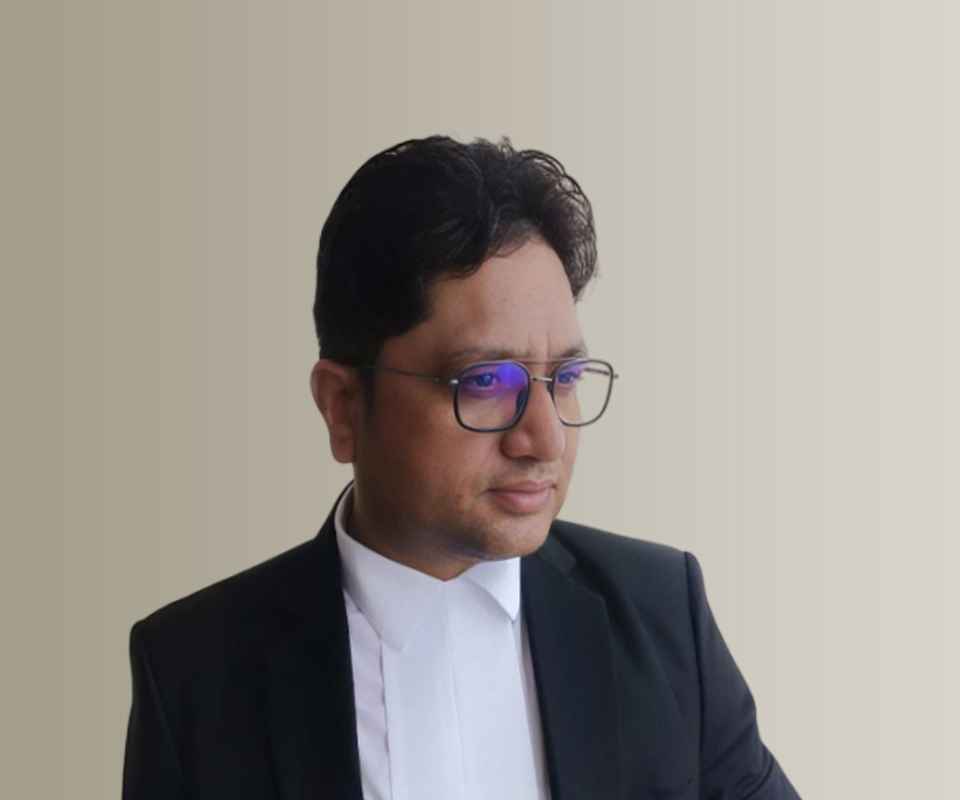Answer By law4u team
Yes, a nominee can claim funds without a succession certificate in certain cases, but there are limitations. Here’s a detailed explanation: 1. Role of a Nominee: A nominee is a person appointed by the account holder (in a bank, insurance policy, provident fund, etc.) to receive the funds upon the account holder's death. However, the nominee is generally considered a trustee or custodian of the funds — not necessarily the legal heir or final owner. 2. When a Succession Certificate Is Not Required: In many practical situations, especially with: Bank accounts Fixed deposits Insurance policies EPF, PPF, or pension accounts banks and financial institutions allow the nominee to claim and receive the amount without insisting on a succession certificate. This is done for administrative ease and faster settlement of claims. However, this does not mean the nominee becomes the absolute owner of the funds. 3. Legal Heirs Can Still Claim: If someone else (a legal heir) claims that they are entitled to the money, they can approach a civil court. The court may direct the nominee to hand over the funds to the rightful heir as per succession law (Hindu Succession Act, Muslim Law, Indian Succession Act, etc.). Thus, the nominee only receives the funds for safekeeping unless they are also a legal heir. 4. When a Succession Certificate May Be Required: A succession certificate is usually required when: There is no nominee appointed There is dispute among legal heirs The legal heir wants to claim movable assets like bank deposits, shares, or debts in their name Financial institutions specifically ask for it to protect themselves legally It serves as a court-issued authority for the legal heir(s) to collect and manage the deceased person’s debts and securities. 5. Key Judicial View: The Supreme Court of India has clarified in several rulings (e.g., Sarbati Devi v. Usha Devi, 1984) that a nominee does not become the legal owner unless they are also the legal heir. Conclusion: Yes, a nominee can claim funds without a succession certificate, especially when there’s no dispute. But they do so as a caretaker, not necessarily as the rightful heir. If someone challenges the claim, or if the nominee is not a legal heir, a succession certificate or court intervention may be required to resolve the matter.









